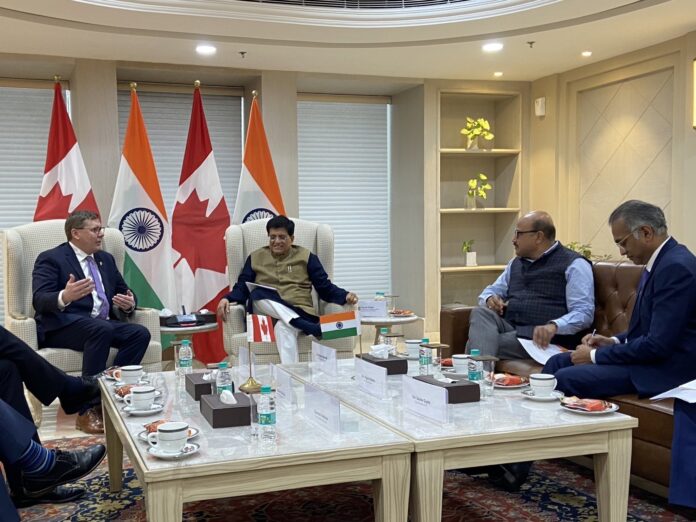In a significant diplomatic rift, the Indian government has decided to withdraw its High Commissioner and other diplomats from Canada following Ottawa’s allegations linking them to the killing of Khalistani separatist Hardeep Singh Nijjar. This move underscores the escalating tensions between the two nations, with India expressing deep distrust in the Canadian government’s commitment to the safety of its diplomatic personnel.
The Ministry of External Affairs (MEA) summoned Canada’s Charge d’Affaires, conveying their serious concerns over the Trudeau government’s handling of the situation, which India argues has created an atmosphere of extremism and violence that jeopardizes the security of its officials. The MEA stated, “We have no faith in the current Canadian Government’s commitment to ensure their security,” reflecting the gravity of their discontent.
Relations have soured further since Canada designated the Indian High Commissioner as a “person of interest” in the Nijjar case. India dismissed these claims as “ludicrous,” emphasizing the distinguished diplomatic career of High Commissioner Sanjay Kumar Verma, who has served in various important roles across the globe. The foreign ministry described Canada’s allegations as “preposterous” and part of a broader strategy to politically undermine India.
India’s response also highlighted a determination to protect its interests, asserting that the baseless targeting of its diplomats is “completely unacceptable” and warning that further steps may be taken in light of Canada’s support for extremism and separatism. As the situation unfolds, it marks a critical juncture in Indo-Canadian relations, with both sides facing a challenging path ahead.



